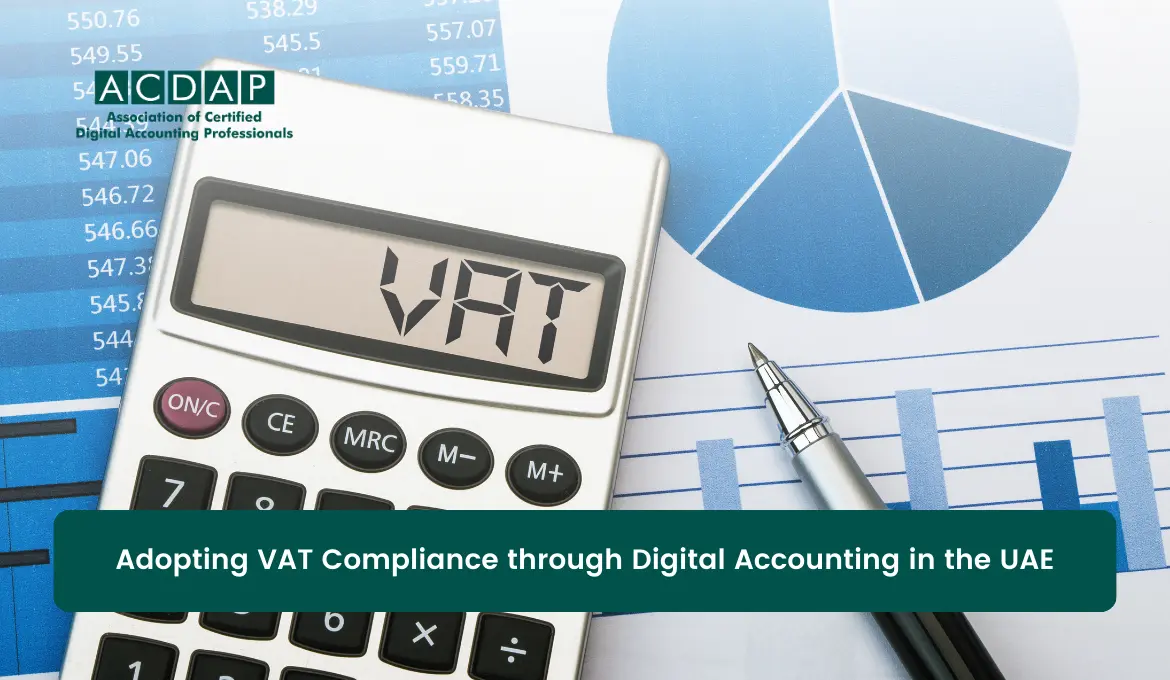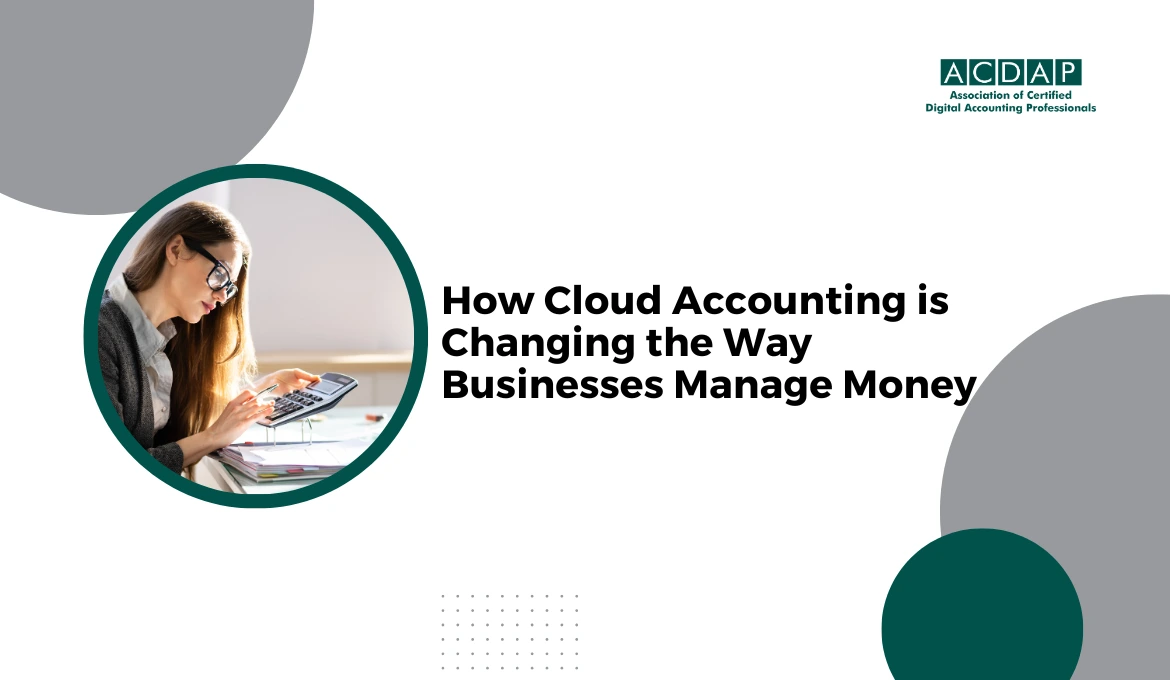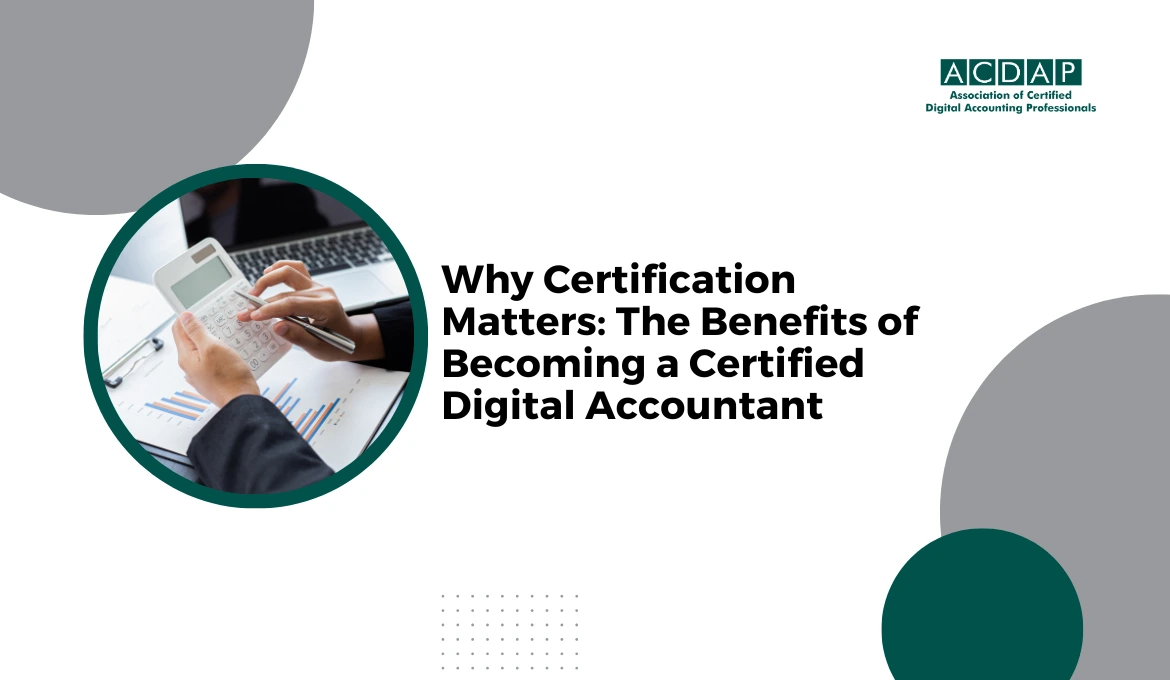Understanding VAT in the UAE
Value Added Tax (VAT) is a tax added to most goods and services in the UAE. Businesses need to collect VAT from their customers and pay it to the government. Digital accounting tools can help businesses track these transactions and calculate the right amount of tax.
These tools make it easier to keep records of all your VAT-related documents. You can store invoices and receipts digitally, making it simpler to prepare your VAT reports and avoid fines.
Automating VAT calculations
Digital accounting software can automatically work out VAT on your sales and purchases. This assist to avoid mistakes and ensures you apply the correct VAT rates. It also speeds up the process of making VAT reports.
With automated VAT calculations, you can quickly spot any issues with your VAT records. This keeps your financial data accurate and helps you stay compliant with UAE tax rules.
Generating VAT reports
Digital accounting tools can create detailed VAT reports for you. These reports show how much VAT you have collected and paid. You need these reports to file your VAT returns with the Federal Tax Authority (FTA).
The software allows you to customise reports to fit your needs, such as summarising VAT by category or time period. This makes it easier to stay organised and provide the right information to the FTA.
Ensuring accurate VAT invoicing
Digital accounting systems help you produce VAT-compliant invoices. These invoices include all the required details, like VAT registration numbers and the correct VAT rates. This ensures you meet legal requirements and avoid problems with customers.
The system also stores copies of your invoices and tracks their status. This makes it easy to manage your invoices and retrieve them when needed, such as during audits.
Streamlining VAT submissions
Submitting VAT returns is easier with digital accounting tools. These systems can prepare and file your VAT returns electronically, saving you time and effort.
Electronic submissions help ensure that your returns are filed on time and in the right format. This reduces the risk of late fees and penalties for missing deadlines.
Managing VAT refunds
Digital accounting tools can help you manage VAT refunds effectively. By keeping accurate records of VAT paid on purchases, you can track and claim refunds from the FTA.
The software can help identify refunds you are eligible for and make sure all required documents are included. This speeds up the refund process and helps your cash flow.
Staying updated with VAT regulations
VAT rules can change, and digital accounting tools help you stay up-to-date with these changes. Software providers often update their systems to reflect new VAT laws, so you remain compliant.
Regular updates and notifications about rule changes help you quickly adapt and keep your VAT records accurate. This approach helps avoid fines and other compliance issues.
Enhancing financial transparency
Digital accounting improves financial transparency by keeping clear and accurate records of all VAT transactions. You can easily access and review your VAT data, which helps in making better financial decisions.
Better transparency also builds trust with stakeholders, such as tax authorities and customers. It shows that your business is committed to proper VAT management and compliance.
Conclusion
Using digital accounting for VAT compliance in the UAE has many advantages. It simplifies VAT calculations, creates accurate reports, ensures correct invoicing, and makes submissions easier. With features like automatic VAT management and regular updates on rules, digital accounting tools help businesses stay compliant and efficient. These tools support better financial management and smoother VAT processes.


























